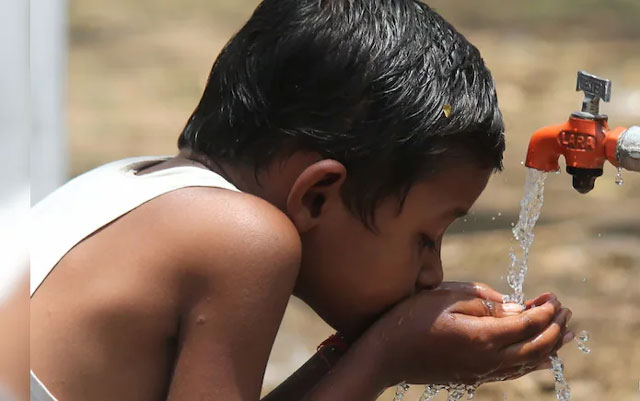Daijiworld Media Network- Chennai
Chennai, Aug 6: In a landmark judgment with statewide implications, the Madurai Bench of the Madras High Court has unequivocally condemned caste-based discrimination in public water distribution and directed the statewide adoption of equitable access practices to ensure social justice and dignity for all.
The order was passed by Justice Dr RN Manjula while hearing a bail petition involving a 65-year-old Scheduled Caste woman from Thalaivankottai village in Tenkasi district, who narrated shocking instances of being denied timely access to drinking water purely on the basis of her caste.

Calling the practice “pathetic and surprising in this scientific age,” the court declared that access to clean drinking water is not merely a civic necessity but a fundamental right under the right to life, guaranteed by the Constitution.
The court had earlier directed the Tenkasi District Collector to ensure that members of the Scheduled Caste community were not made to wait until others had drawn water. Following this, the administration swiftly responded by installing 17 new public taps and forming a monitoring committee to ensure equal distribution. A compliance report confirming these steps was filed on July 31.
Appreciating the prompt action, Justice Manjula issued a sweeping directive calling for the replication of the “Thalaivankottai model” across Tamil Nadu. She ordered the Director of Municipal Administration, Director of Town Panchayats, and all District Collectors—under the supervision of the Chief Secretary and in coordination with the Director General of Police—to implement this model in every village and urban area within three weeks.
The court also stressed that officials must not wait for formal complaints to act, observing that many incidents of caste discrimination go unreported due to fear, social pressure, or apathy. Invoking Sections 3(1)(za) and 21 of the SC/ST (Prevention of Atrocities) Act, the judge reminded the government of its constitutional duty to safeguard public resources from being misused as instruments of discrimination.
In a forward-looking move, the court further directed the formation of village and panchayat-level monitoring committees to ensure proactive enforcement of equality in access to public resources like water and to foster caste harmony across communities.
The matter is slated for further hearing on August 21, as Tamil Nadu gears up to take a firm stand against caste injustice — starting with the most essential resource of all: water.